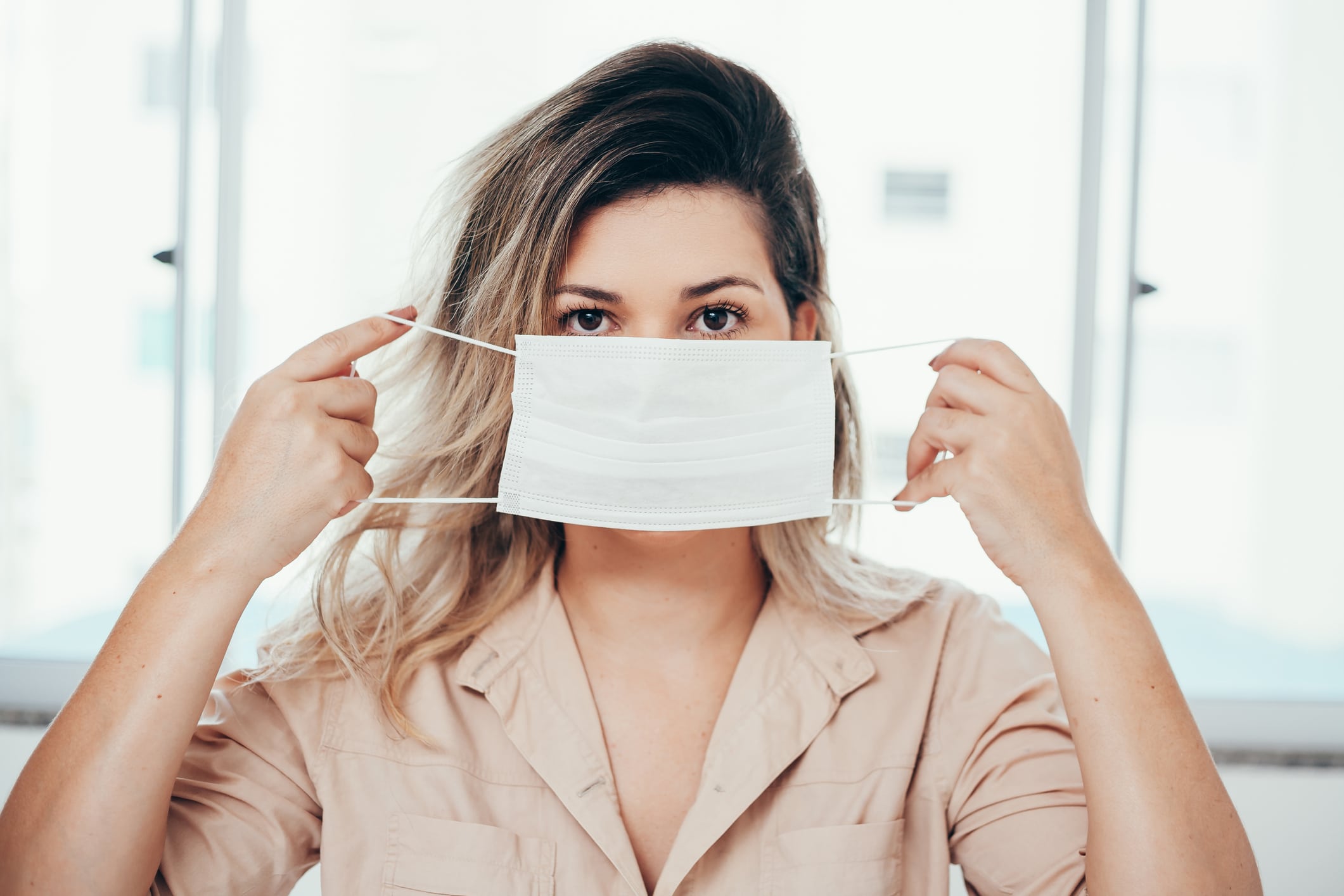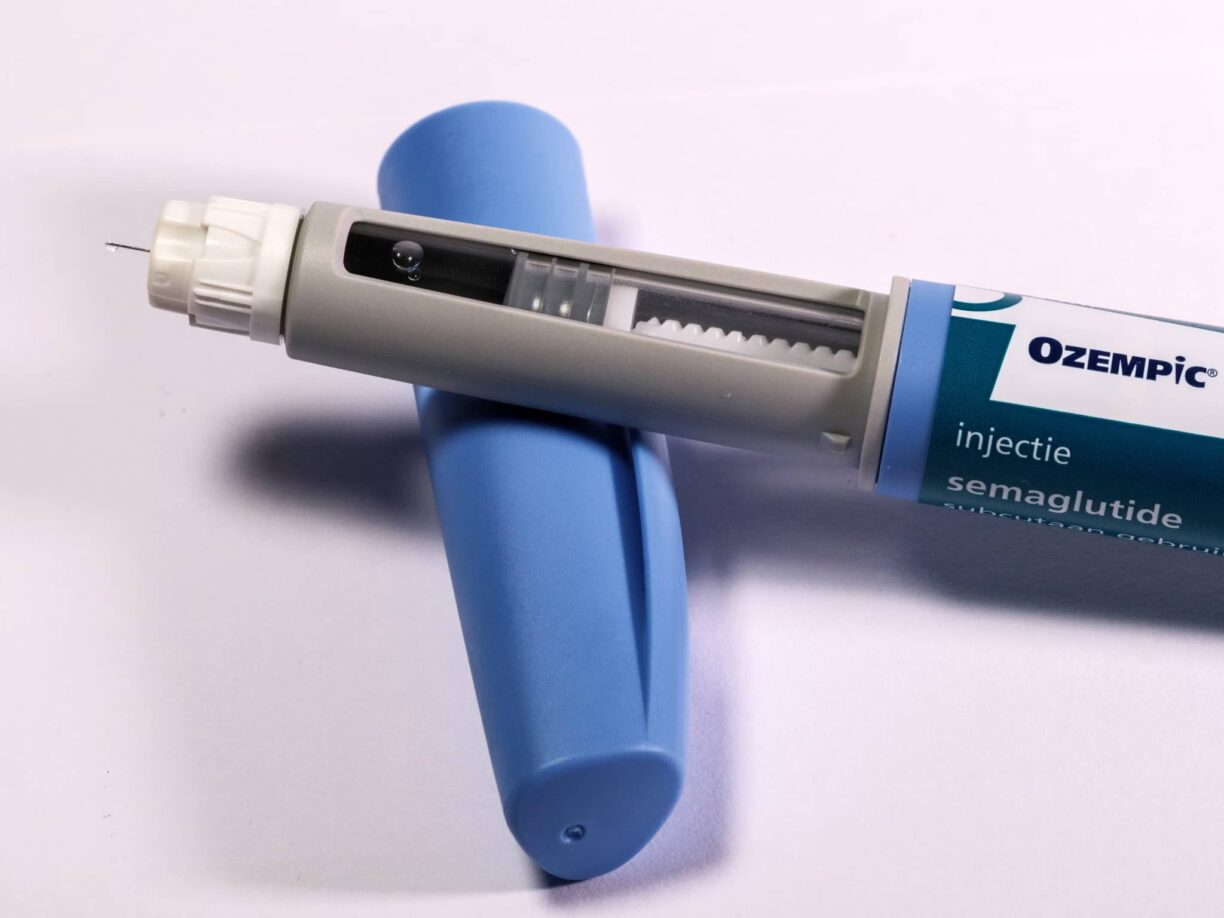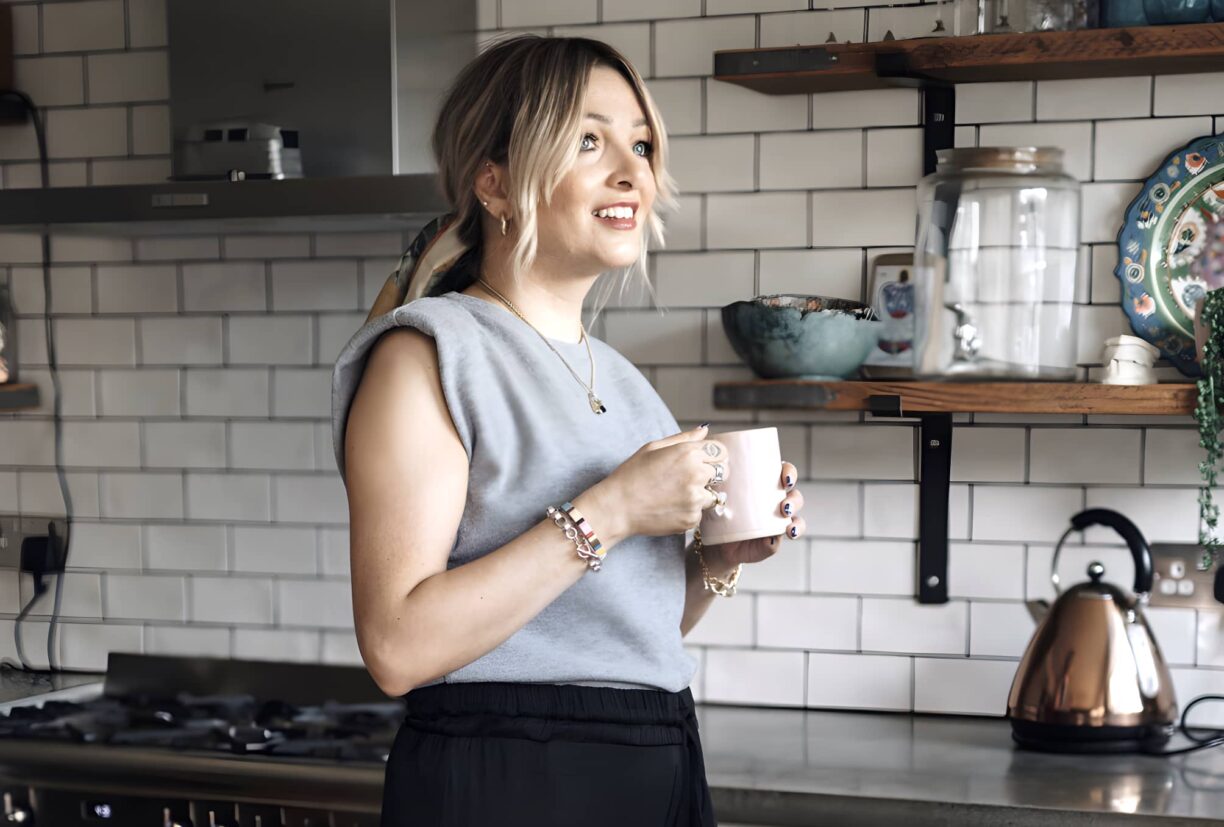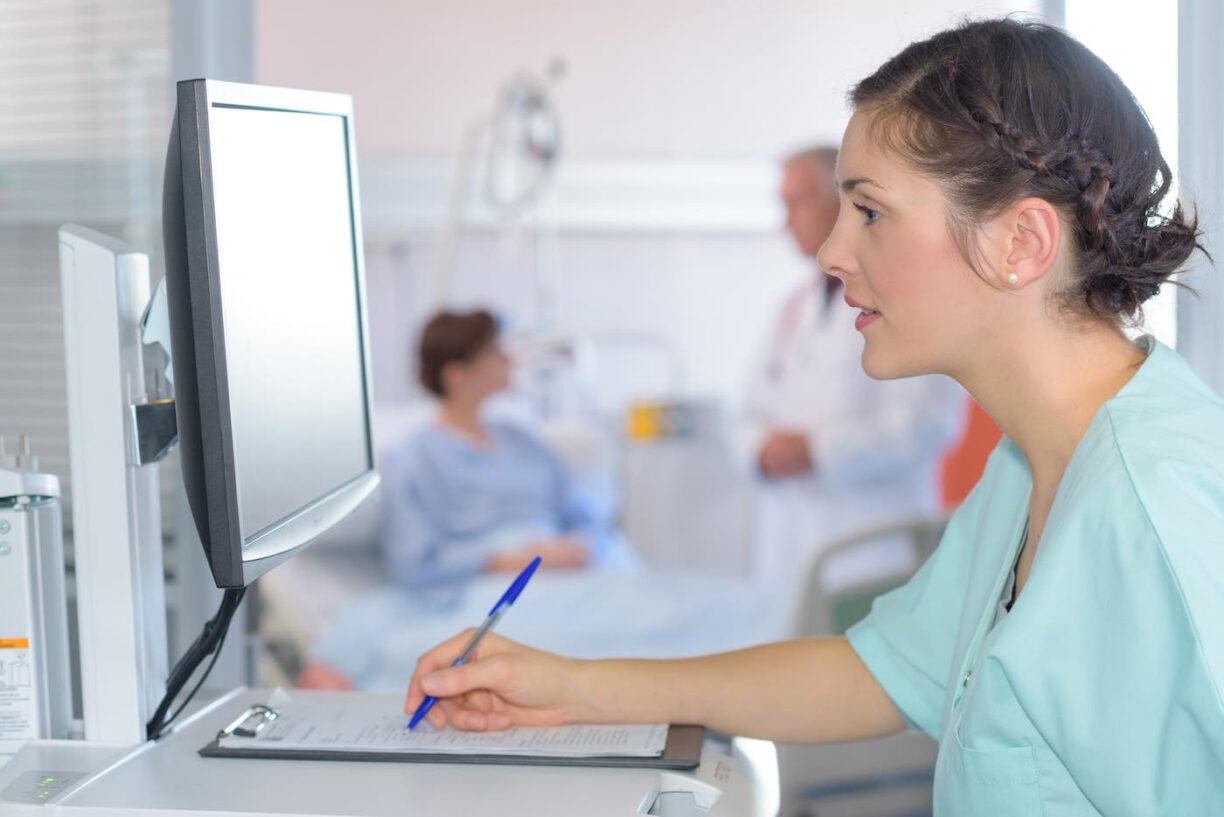There have now been more than a million Covid-19 cases in the UK since the start of the pandemic – and that means millions more have lived with or are living with people who have the infection.
But while the steps we should take to try and avoid catching coronavirus in the community are well known, what do you do when you know it’s definitely in your home, because a family member has tested positive? We felt unsure, so spoke with three experts to find out.
Paul Hunter, a professor in medicine at the University of East Anglia who specialises in infectious diseases and was on the World Health Organisation (WHO) Covid-19 Infection Prevention Advisory Expert Group, says: “In-house transmission of Covid is real and is quite a high risk.”
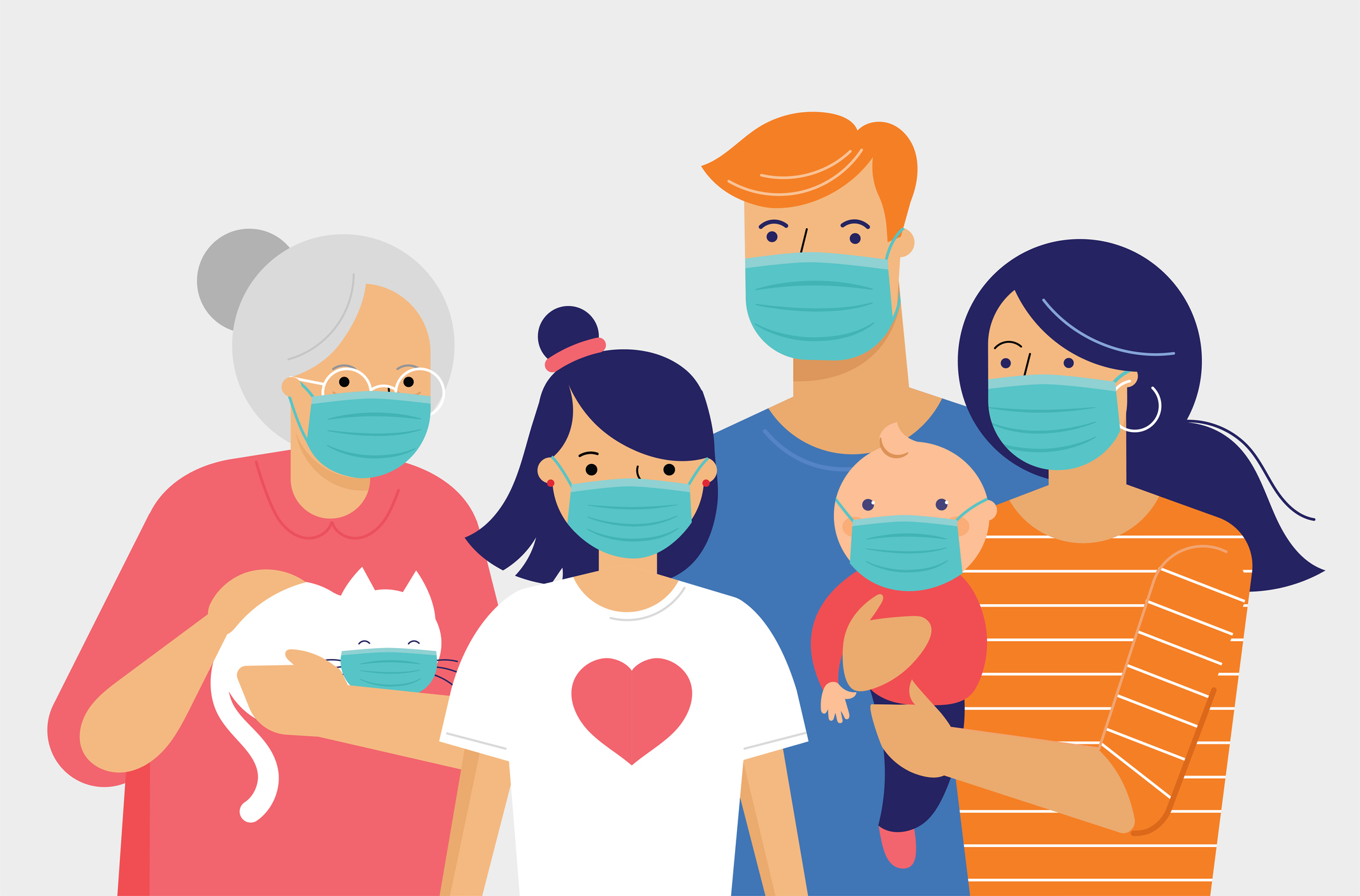
He continues: “Nothing is going to be 100% effective – even if you’re unbelievably obsessive-compulsive about all the precautions, you wouldn’t reduce your risk to zero, in part because there’ll have been a day or so when the patient was infectious and nobody knew and was carrying on normally.”
Susan Michie, professor of health psychology and director of the Centre for Behaviour Change at University College London is on the government’s behavioural science advisory group on pandemic influenza to SAGE (the Scientific Advisory Group for Emergencies), which gives advice to support government decision-makers during emergencies.
“People need to get how coronavirus is spread into their heads first,” Michie says, explaining that it’s spread either by picking up the infection from contaminated surfaces, or through the air either in droplets, or aerosol transmission.
“Aerosols are tiny droplets so small that they don’t fall to the ground in the trajectory that droplets do,” she says. “They hang in the air for many, many hours, and I think this is explaining a lot of the infections we’ve had indoors. Aerosol transmission is a big one.”
And Dr Naomi Forrester-Soto, a virologist at Keele University, adds: “It’s possible to steer clear of coronavirus if you can isolate. It’s very difficult to prevent people in the same house getting it – you can do your best, but we just don’t live in big enough houses to isolate properly. Anything you do is going to minimise your risk, but it’s not going to eliminate it.”
Here, our experts answer key questions about keeping as safe as possible when you live with someone who has Covid-19.
Do I need to disinfect everything?
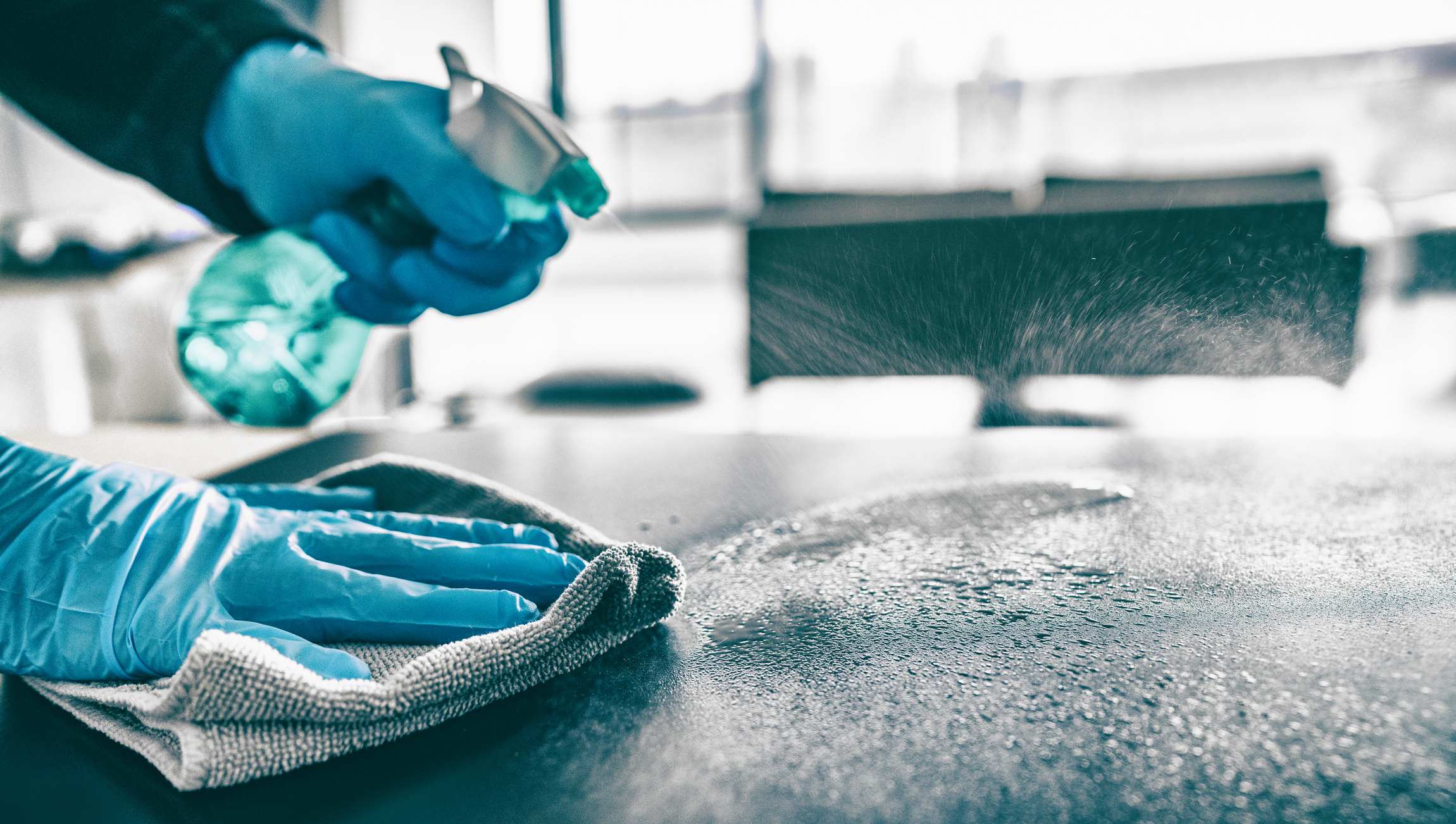
“If you’re sharing a house with someone with the infection, obviously you have to keep all surfaces and your hands disinfected,” says Michie. “You need lots of hot soapy water and lots of sanitisers everywhere. Put things like cutlery and crockery straight into a dishwasher or hot soapy water, and wash your hands if you’ve carried them.”
How far away should I stay from the infected person?
Other people living in the house should keep more than two metres apart from the infected person, and Michie says: “I’d suggest three or four metres apart. And if the patient’s got a phone, you can contact them that way. But they should talk quietly – because the louder you talk or shout, you’ll transmit a lot more aerosol than if you talk quietly. So the best thing is for them not to talk, or minimise talking – do it by text, or phone in another room.”
Do we need to stay in separate rooms?
“Try not to be in the same room as the infected person at all, because that’s likely to have aerosols in it,” says Michie. “So keep the patient as isolated as possible. It’s very difficult isolating like that, because we need people, especially when we’re ill and want to be looked after. So make sure they’ve got as much as possible to entertain themselves, depending on how ill they are – some people might be infected but not that ill.”
Should we wear masks in the house?

Forrester-Soto says adults should wear masks, but it’s not so necessary for children, particularly young ones. “If you’re in different rooms you can take masks off,” she points out.
And Hunter adds: “There’s some evidence that if both you and the patient wear face coverings it can reduce your risk somewhat. Face coverings are valuable, but they’re not a guarantee by a long way. When interacting with other family members they should wear a proper medical mask, not just a cloth face covering.”
Should the windows be kept open?
All three experts stress that good ventilation is key. “If you do go into the same room, make sure it’s well-ventilated, so the windows have been open for a while, doors open etc so you’ve got a lot of air coming in,” stresses Michie.
Do we need to use separate bathrooms?
Hunter says: “If you have an en-suite bathroom, then ideally the infected person would use one for at least 10 days and the rest of the family would use the other bathroom.”
The experts all stress that the infected person should use separate towels.
Do I need to sleep in a separate bed from my partner if they have Covid?

Hunter says sleeping in separate rooms is better, but obviously not always possible.”Generally speaking, most transmission occurs by droplet spread, and if you’re in bed together and the infected person coughs it’s going to go all over both sides of the bed, so it is a risk. If you don’t have two bedrooms, you can only do what is feasible.”
And Forrester-Soto adds: “If you can, sleep in separate beds, because you can’t control how close you are to someone in bed, so sleeping separately is a really good idea, but it may not be possible.”
How often should bedding and clothes be washed?

“It depends on whether you’re sleeping in separate beds or not,” say Forrester-Soto. “If you’re sharing a bed, you ought to be washing bedding more frequently, maybe every day, but realistically I don’t know if that’s possible.”
As for clothes, Hunter says: “It’s fine to just wash the patient’s clothes with everything else, although you might as well do a separate wash.”
Does the rest of the family need to get tested?
“Ideally you should get tested four to five days after the onset of someone else’s symptoms, but it’s not possible at the moment given the limitations of testing because you have to have symptoms yourself,” says Forrester-Soto. “You’re unlikely to be infectious until four or five days after you’ve been infected, but you should still isolate.”
Is there a chance the rest of the household might not catch it?
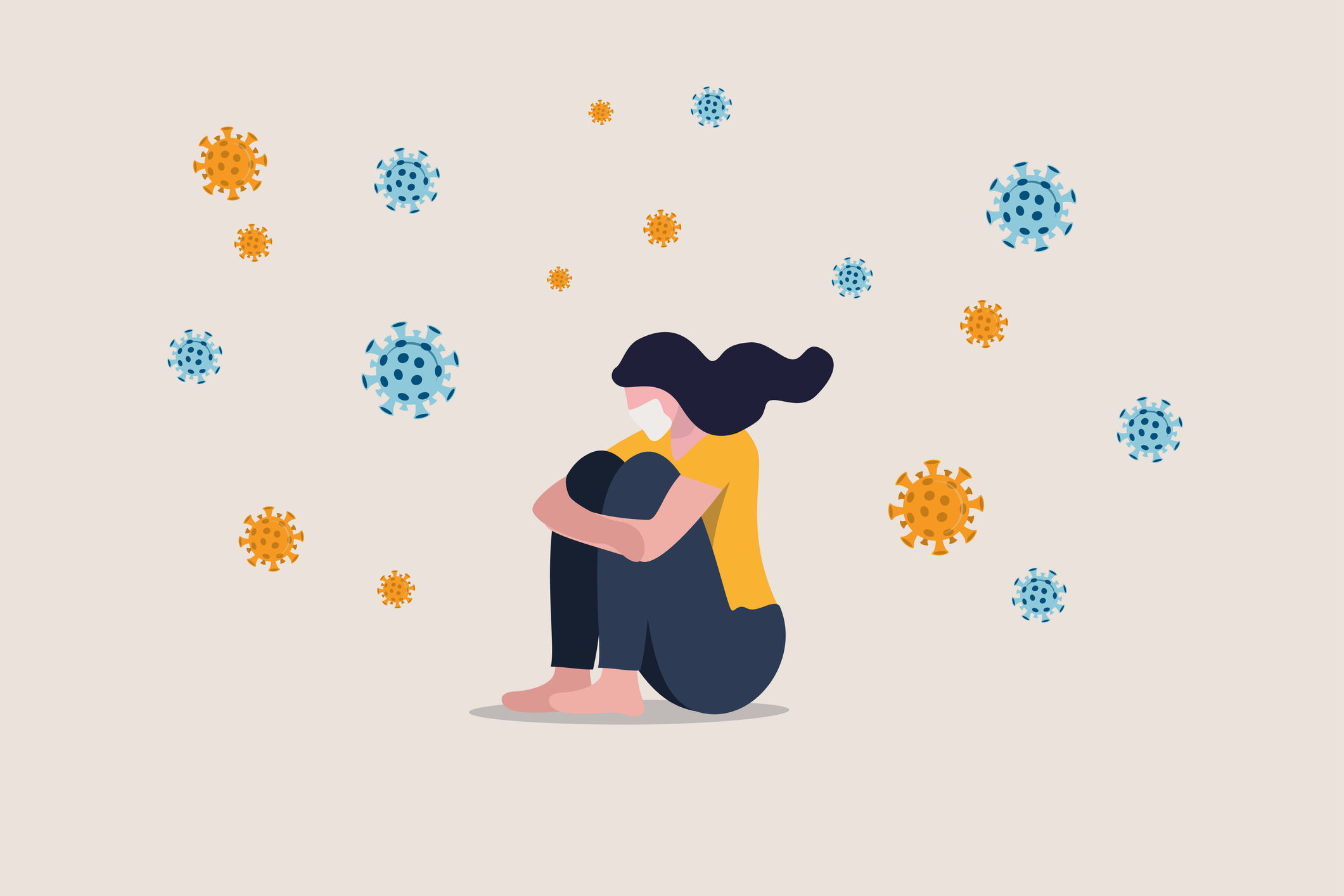
“There are doctors who’ve managed not to get it, even from the sickest patients, but they are wearing full PPE all the time,” says Forrester-Soto. “I don’t know if it’s realistically possible for all the household to stay away from each other unless you have space in the house to isolate, and the capacity within your family to do so.
“You can’t guarantee you haven’t had it – what you can say is that you’ve had no symptoms. A lot of people get asymptomatic infection, but they’re still able to transmit, and it’s those people that are driving transmission. It’s possible that some people may not get it, but I would think the majority of people in close contact with someone who has it who think they haven’t caught it will probably get it asymptomatically or get a milder infection that maybe doesn’t feel like coronavirus”
And Michie adds: “I know of a couple of people who’ve lived with somebody who’s had Covid-19 and ended up not getting it themselves. The extent to which people get it is partly due to exposure, and partly to do with vulnerability, which may be to do with your genetic make-up. But the people I know of took all the precautions they could, so there wasn’t any contact.”
Can my genes help me avoid catching it?
Hunter says: “There are some genetic factors in play. If you’re blood group O you’re generally much less likely to get severe Covid than if you’re blood group A. Blood group B is somewhere in between.”

